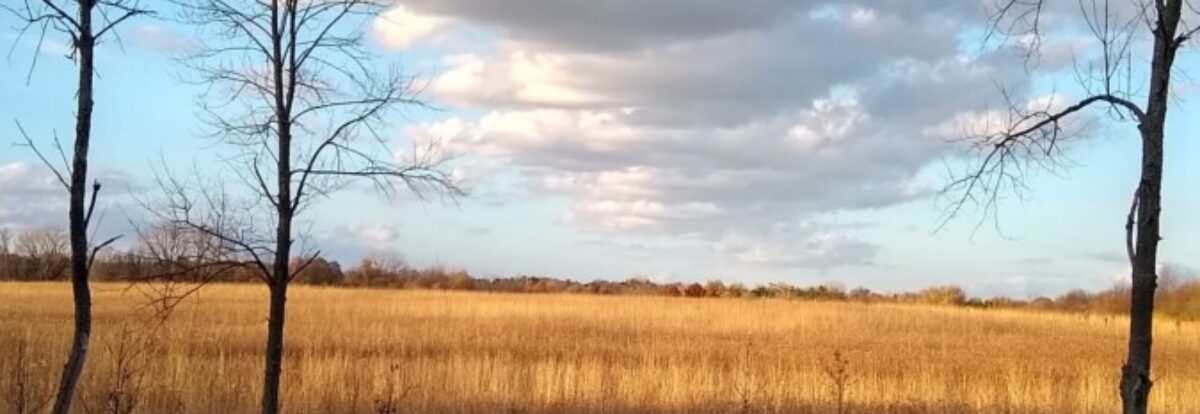Table of Contents
Week 1: Introduction to Environmental Sociology; New York City and Its Environment; Coronavirus and the Pandemic
Openstax. The environment and society. In Introduction to Sociology 2e. OpenStax CNX.
Schifman, Jonathan (2019) “How New York City found clean water.” The Smithsonian Magazine. November 25.
Soll, David (2013) “Introduction: The evolution of the watersystem.” In: David Soll, The Empire of Water: An Environmental and Political History of the New York City Water Supply. Ithica, NY: Cornell University Press.
Nagle, Robin (2013) “Center of the Universe” and “Garbage Faeries.” Picking Up: On the Streets and Behind the Trucks with the Sanitation Workers of New York City. New York: Farrar, Straus and Giroux.
Gee, A. and D. Anguiano (2020) We created the Anthropocene, and the Anthropocene is biting back. The Guardian. May 5.
Vidal, John (2020) “The perfect conditions for coronavirus to emerge.” Scientific American. March 18.
van Doreen, Tom (2020) “Pangolins and pandemics: The real Source of this crisis is human, not animal.” New Matilda. March 20.
Week 2: Key Sociological Concepts: Environmental Justice, Ecological Modernization, Inverted Quarantine, and Deep Ecology
Johnson, Ayana Elizabeth (2020) Podcast: “The inseparable link between climate change and racial justice.” Short Wave. June 18.
EJ Definitions (n.d.) “A brief history of environmental justice & EJ definitions.”
Carter, Majora (2006) Greening the ghetto. Ted Talks.
MacLeod, Madison (2018) “The inverted quarantine.” Zero Waste California. November 21.
Szasz, Andrew (2009) “Drinking.” In: Andrew Szasz, Shopping Our Way to Safety: How We Changed from Protecting the Environment to Protecting Ourselves. Minneapolis, MN: Minnesota University Press.
Schlosberg, David and Sara Rinfret (2008) “Ecological modernisation, American style.” Environmental Politics, 17(2): 254–275.
“What is Deep Ecology” (n.d.) Wikipedia.
Driessen, Clemens, Leonie L.F.M. Heutinck (2015) “Cows desiring to be milked? Milking robots and the co-evolution of ethics and technology on Dutch dairy farms.” Agriculture and Human Values 32, 3–20.
Week 3: Personal vs. Corporate Responsibility: Waste and Oil; Land Ethics
Dickinson, Tim (2020) “Planet Plastic.” Rolling Stone. March 3.
“The Crying Indian.” (1970). Keep America Beautiful campaign.
O’Neill, Kate (2019) “The global political economy of waste.” In: Kate O’Neill, Waste. Cambridge: Polity Press.
CNBC (2020). “Should the US ban fracking?” January 5.
Freudenburg, William R. and Robert Gramling (2011) “Storied sunlight and its risks.” In:
William R. Freudenburg and Robert Gramling, Blowout in the Gulf: The BP Oil Spill Disaster and the Future of Energy in America. Cambridge, MA: MIT Press, 2011.
60 minutes (2010) “Blowout: The Deepwater Horizon Disaster.” CBS.
Carrington, Damian (2020) “Global soils underpin life.” The Guardian. December 4.
Leopold, Aldo, et al. (1991) Excerpts from The River of the Mother of God and Other Essays by Aldo Leopold. Madison, WI: University of Wisconsin Press.
Week 4: Climate Crisis Denial and Science Communications; What Does it Mean to Build a Sustainable Future
Harvey, Jeffrey A et al. (2018) “Internet blogs, polar bears, and climate-change denial by proxy.” BioScience, 68(4): 281–287.
Oreskes, Naomi (2014) “Why we should trust scientists.” Ted Talks.
Farrell, Justin (2016) “Corporate funding and ideological polarization about climate change.” Proceedings of the National Academy of Sciences, 113: 92–97.
Friend, Tad (2019) “Can a burger help solve climate change.” New Yorker. September 23.
Barber, Dan (2020) Podcast “Eating the whole farm.” Slate. April 21. Available at:
Schultz, Kathryn (2015) “The really big one.” The New Yorker. July 20.
Sengupta, Somini and Julfikar Ali Manik (2020) “As Bangladesh drowns.” The New York Times. July 30.
McDonnell, Tim (2018) “The refugees that the world barely pays attention to.” NPR. June 20.



